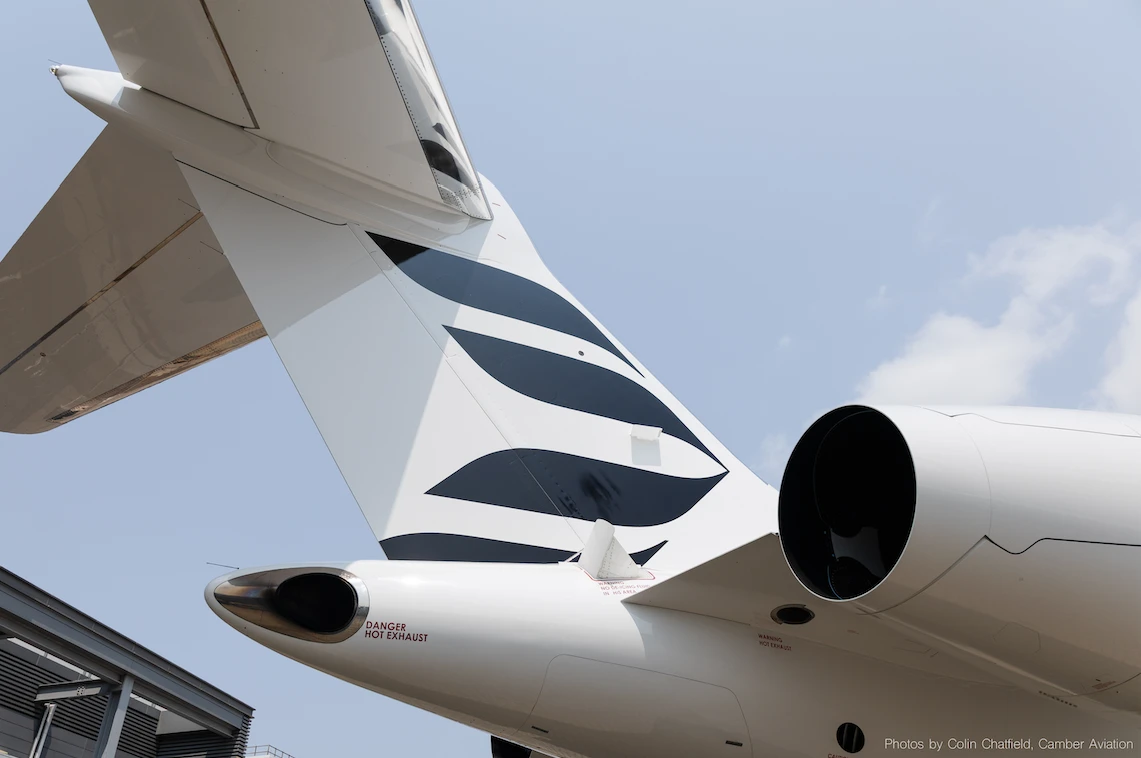The Messiah with American countertenor Reginald Mobley
Jan 21, 2020
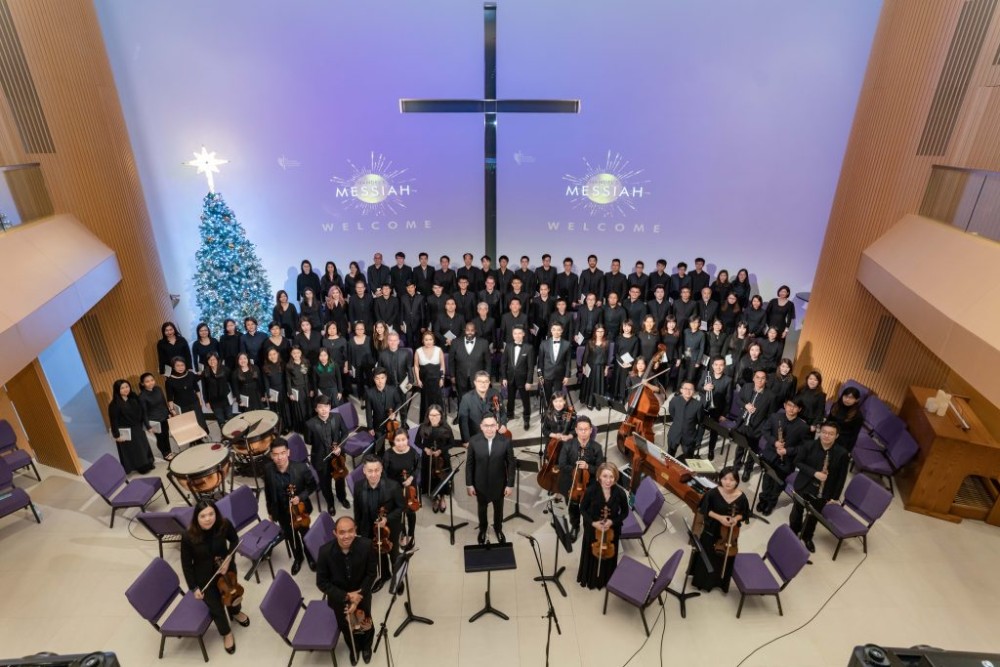
The Methodist International Church (MIC) Arts Ministry, a major new programme established by the Methodist International Church in Hong Kong, held its Christmas concert Handel’s Messiah on December 14 and 15, in an early celebration of the birth of Christ. The money that was raised in the concert was dedicated to the MIC’s Arts Ministry and more than 100 tickets were given out to allow members of its partner groups to enjoy this wonderful event.
The MIC’s roots date back to 1893 in Hong Kong. When the Wesleyan House of the MIC was built, it was its idea to reach out to Hong Kong and the Hong Kong community. Unlike other churches in Hong Kong, the MIC is quite international and musically, it covers everything – from the classical Messiah to Filipino choir, and from traditional choir to worship bands. Churchgoers greatly appreciate the music and believe in its transcendental quality – it is seen as a message that can be delivered to Christ.
Messiah is an English-language oratorio composed by Handel in 1741. The MIC Arts Ministry came up with the idea of the Handel’s Messiah concert because it didn’t see these types of performances in Hong Kong, though the concert is a huge tradition during Christmastime in the US and the UK; the MIC wanted this concert to give people a feeling of home.
Handel’s Messiah included four soloists, a mixed-voice choir and an orchestra. The concert featured the cast in the classical scene, all of whom are from the next generation of all-stars. The conductor was Apollo Wong, who is the chorus master of the Hong Kong Philharmonic Chorus, as well as Hong Kong soloists Yuki Ip (who is one of the top operatic sopranos from MIC), Alex Tam and Albert Lim. They performed with the well-known American countertenor Reginald Mobley, who came to Hong Kong to perform for the first time. We had the chance to chat with Mobley on his visit to the city.
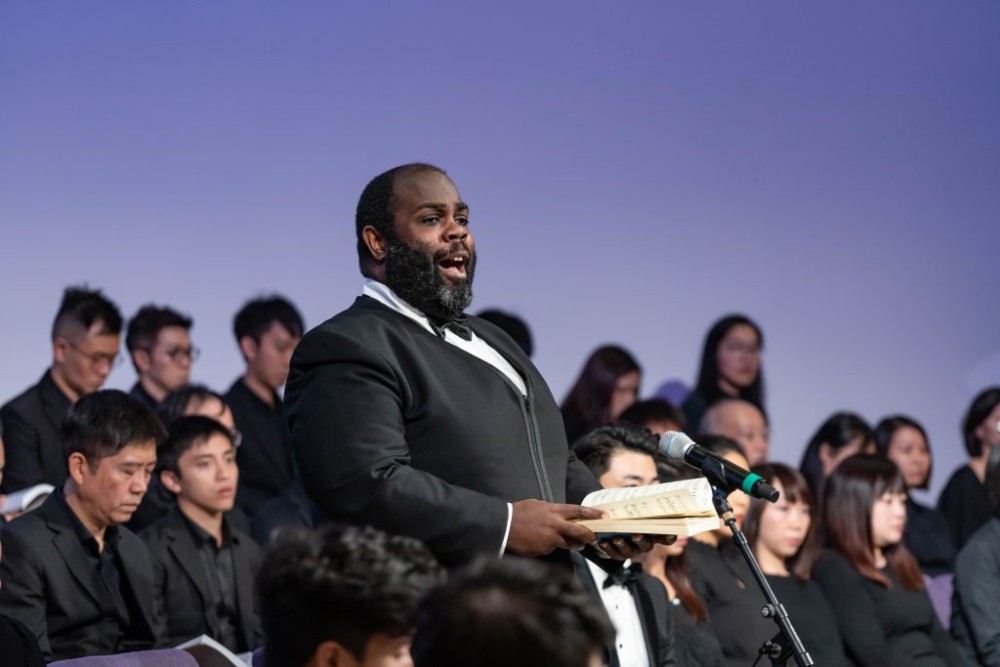
How do you feel about performing in Hong Kong for the first time?
I think it’s great! It’s honestly about the wonderful time I made it over here to sing. I have had many friends, in the States and Europe, who are all from Hong Kong in music.
Have you performed in any other places in Asia?
I used to live in Tokyo. This is how I met Eric Monson, when we both worked together at Tokyo Disney from 2002 to 2004.
Can you tell us about your career as a countertenor? How did you get started?
When I was in college in Florida, I was singing barbershop with some friends as a better tenor. My professor, who went to school in Michigan with David Daniels, a very famous countertenor from America, heard me singing. I went to his office and he told me to sing a high-E-flat major scale while he played the scale. I was so surprised when he said that I’m actually a naturally gifted countertenor – and that’s what I have been doing since then. With all the witnesses I’ve had, all the successes and failures, it’s been the one thing that’s really completed me, not just as a musician, but as a person. It gives me focus and a mission, a purpose.
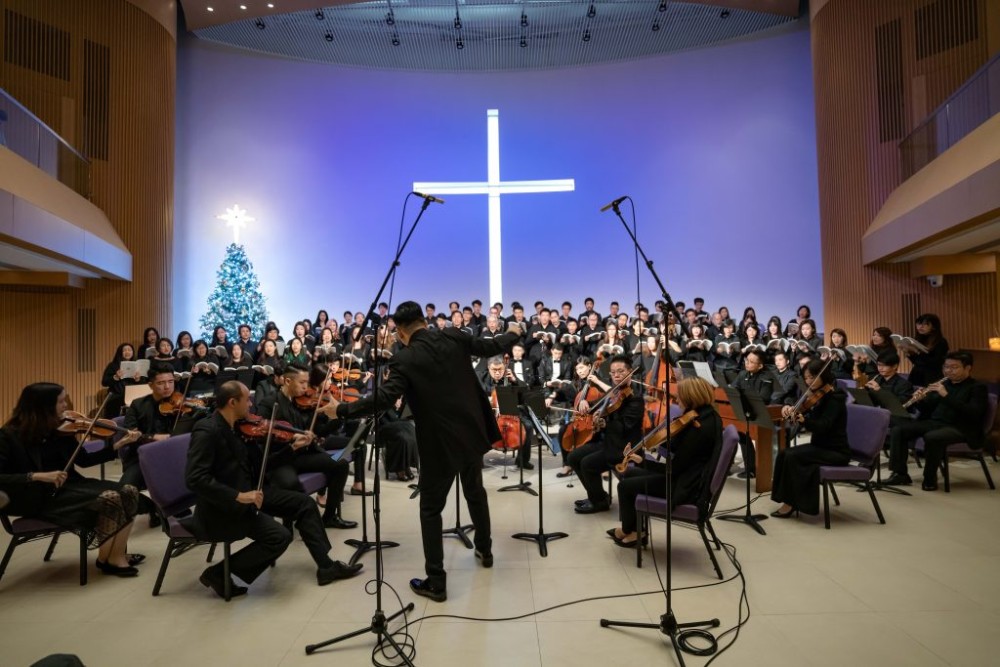
You said your profession has always been a mission throughout your life. What do you think about the power of music to bring people together?
I think it’s chiefly what I do. I have learnt by nature of who I am as a black American that music is essential to give that fire and focus. I grew up in the shadow of Atlanta and was in Florida in 1996, when the Olympics happened. Though everyone saw all the great stories of athletes on television, I saw the bad part of it. I saw the people who had been displaced, the poor people’s homes that were destroyed and all of the stories of human trafficking. The spirit of competition was the power of sport, but it was not quite what we needed. On the other side is the power of music – it is not the spirit of competition, but community.
Music is the blueprint of how things work together. If you think of an orchestra, a trumpet, a bass drum or a timpani can only do certain things. But where the timpani fails, the violin succeeds; where the violin fails, the oboe succeeds. It’s about everyone, different people, things, sounds, colours and shapes, coming together for a common goal. Each of us watching all of our weaknesses and making us even better. We may not, in pop music, sing trios and play harpsichord, but in the music you hear today and the music of then, those people still love and still express hate. To me, that power, both explainable and unexplainable, fuels my sins of purpose and mission. Music is not just an entertainment, but it comes to me as a musician; this is also the service industry. It’s my mission and fuels my religion. It gives me everything that I need to move forward.
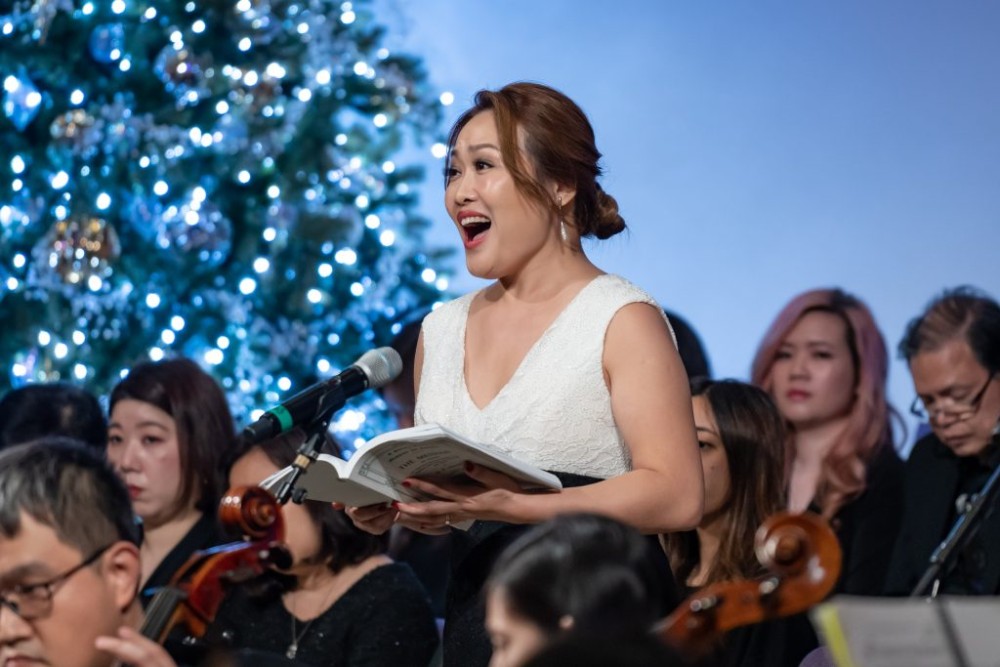
Why do you think Messiah is such an important and iconic work?
Since it was written, it has been performed every year, in many alliterations and many ways. It is so popular that it became a tradition in English-speaking countries – so in the UK, Australia, America and Canada, Messiah is just the thing that has always been done. It’s as much as part of us as The Nutcracker is.
Also, this is about the central focus of Christianity, of the religious as most of us see it. They are no other names or other soloists; none of us have character names. We are people who are reflecting, speaking and being either side of the story… well, of course, showing the progress of the birth of Christ through his death and through the idea of the promise of the life to come after our own here.
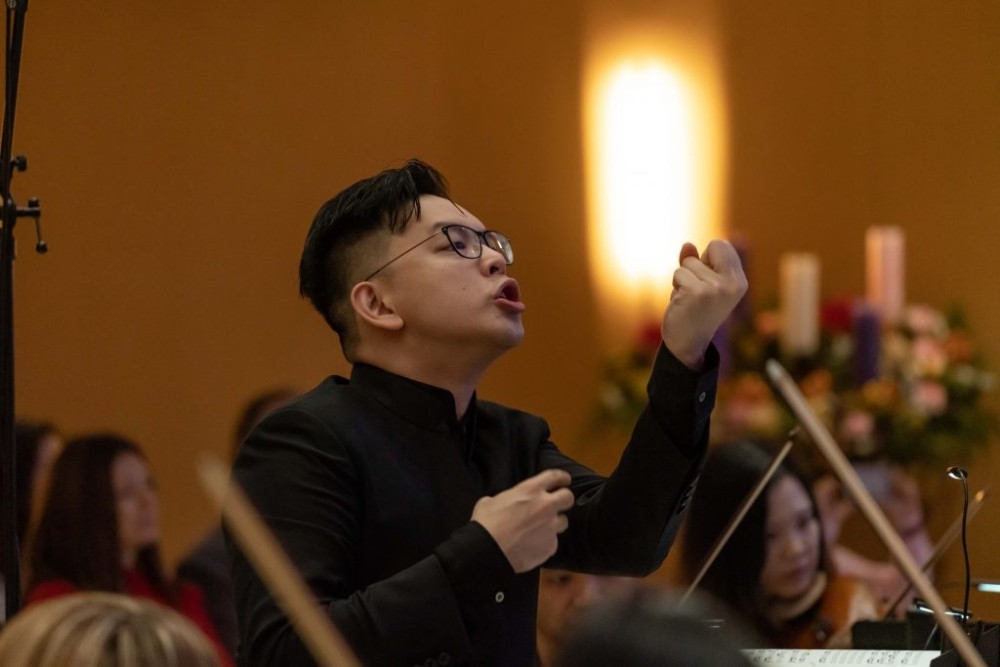
Is Messiah something very important you perform in your career?
We all have a favourite and that may change. But the Messiah is just a piece that has become a backbone for Western music – for very good reason, because it still stands the test of time since it was first performed in Dublin in 1742. The movement, where we scale back down to the way things might have been performed, are with that inside now. Despite the way it has been done, it is the power of the piece that has always remained constant. It is in the time capsule of the score – the notes are always the same. Once you open that, trace the notes, read the blueprint there, it creates the same atmosphere of togetherness. Then, everything changes and we are again linked to Him and linked to people to come.
















